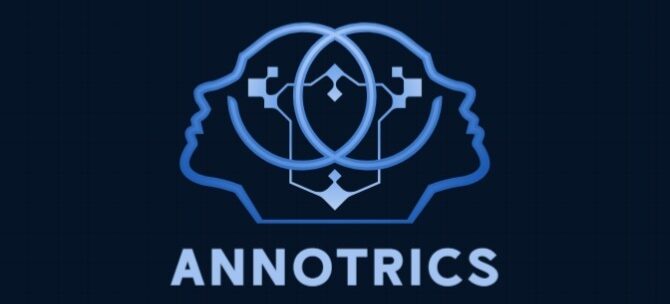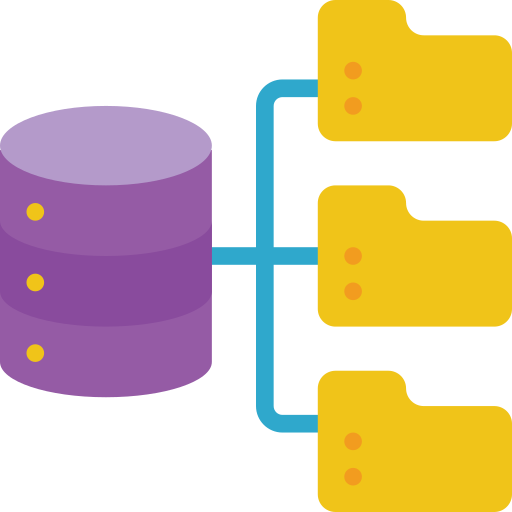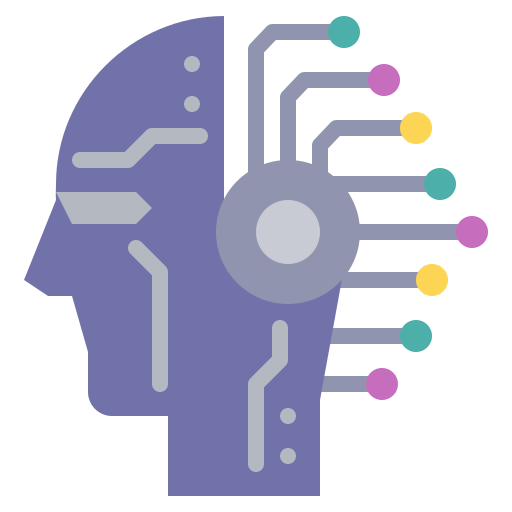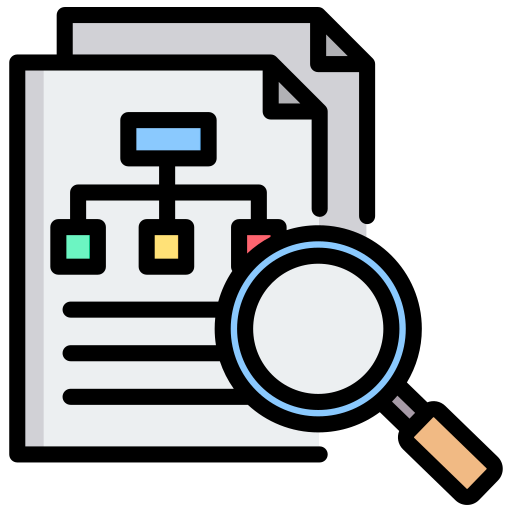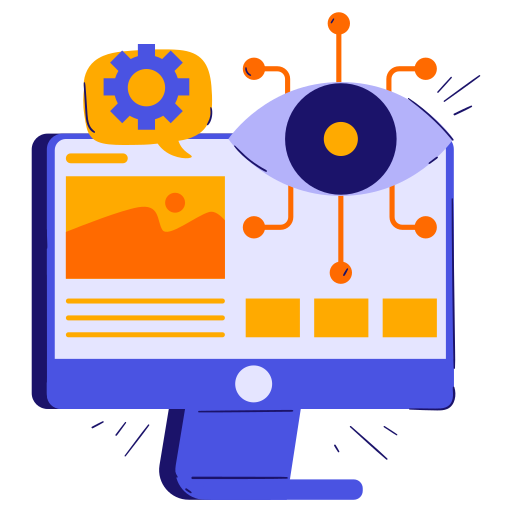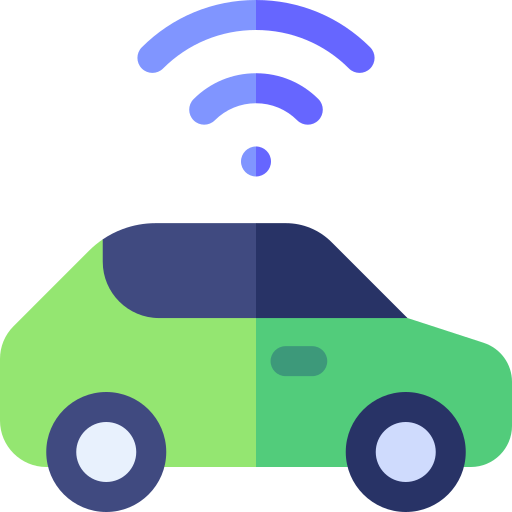Healthcare
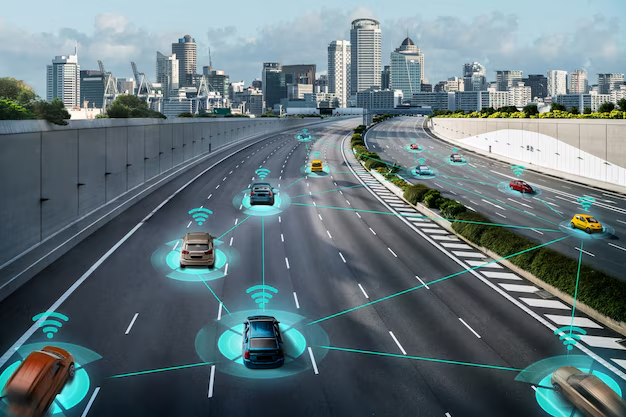
Smarter Care with AI - The Future of Healthcare
Patient expectations are changing along with the healthcare landscape, which makes it essential for providers to strengthen relationships, improve communication, and expedite procedures. AI is at the vanguard of this rapid development, enabling healthcare systems to meet and perhaps surpass these objectives.
Key Use Cases Healthcare AI
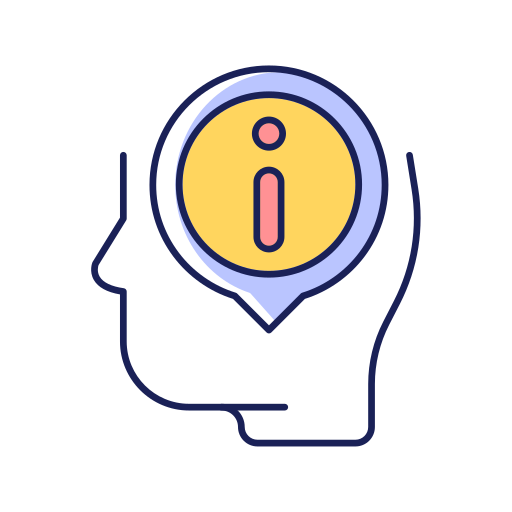
Medical Imaging
Through the accurate identification of abnormalities in X-rays, MRIs, and CT scans, artificial intelligence is revolutionizing medical imaging. Modern algorithms help early diagnosis and treatment planning by analyzing pictures more quickly and accurately. AI improves the effectiveness and decision-making of radiologists in a variety of tasks, including tumor detection and chronic disease monitoring. It's transforming diagnostic imaging by lowering human error and accelerating outcomes rapidly. Improved imaging technology makes medical care more precise, available, and life-saving.

Electronic Health Record (EHR) Analysis
AI-powered EHR analysis provides real-time insights from extensive medical histories while streamlining patient data management. It assists physicians in making prompt, well-informed decisions by seeing trends, highlighting hazards, and forecasting results. Routine job automation frees up healthcare practitioners to concentrate on patient care by lowering administrative responsibilities. Healthcare systems may become more individualized and efficient by incorporating AI into EHRs. Better patient outcomes and care delivery are so guaranteed.

Telemedicine Support
AI improves telemedicine by making it possible for individualized virtual consultations, real-time diagnostics, and symptom assessment. During online conversations, it analyzes patient data and gives healthcare practitioners useful information. Chatbots and other AI-powered solutions improve patient interaction and expedite distant treatment. This guarantees that healthcare is available even in isolated or underdeveloped places. Telemedicine becomes more intelligent, quicker, and patient-focused with AI help.

Healthcare IoT Data Annotation
AI uses information from IoT devices, such as smart sensors and wearable health monitors, to produce insights that may be put to use. Accurate health trend analysis is ensured by precise annotation of this data, which makes it possible to identify problems like irregular heart rhythms or sleep disorders early on. Personalized treatment and preventative healthcare initiatives are supported by annotated IoT data. It connects meaningful medical findings with real-time monitoring.

Drug Development
By evaluating enormous datasets to find promising compounds and forecast results, artificial intelligence speeds up the drug discovery process. By improving chemical designs and modeling clinical trials, it cuts down on research time and expense. Machine learning finds patient-specific remedies and finds novel applications for current medications. This makes individualized treatments and quicker reactions to new illnesses possible. AI will make medication development quicker, more intelligent, and more effective.

Personalized Medicine
By evaluating genetic, clinical, and lifestyle data, AI powers personalized medicine by customizing patient care. It ensures the greatest results by forecasting how patients will react to particular medications. AI makes it possible to give care with precision, from managing chronic diseases to developing tailored cancer medicines. AI-powered personalized medicine increases patient satisfaction and decreases the need for trial-and-error therapies. This method guarantees care that is as distinct as the patient.
Retail/E-Commerce

The Future of Retail is Smart & Seamless!
The retail business is changing at a faster rate than ever, driven by the growing role of AI in E-commerce. Businesses need to embrace innovation, reduce processes, and provide individualized experiences if they want to
Key Use Cases of AI in Retail/E-commerce

Sentiment Analysis
AI-driven sentiment analysis deciphers customer emotions from reviews and social media, providing insights to refine products, service, and marketing strategies. Understanding public perception helps strengthen relationships and long-term brand loyalty.

Inventory Management
AI enhances inventory management by analyzing sales data, trends, and demand patterns, ensuring optimal stock levels. Real-time tracking minimizes overstock and stockouts, improving efficiency, reducing costs, and meeting customer demands seamlessly.
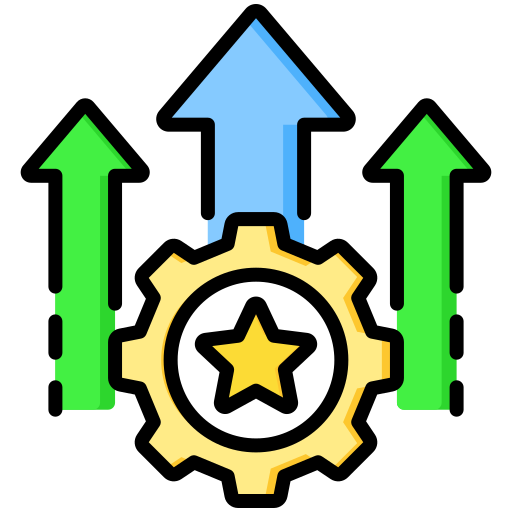
Pricing Optimization
AI optimizes pricing by analyzing market trends, competitor data, and demand in real time. Retailers quickly adjust prices for sales or peak periods, which in turn helps enhancing the competitiveness, profitability, and customer satisfaction effortlessly.

Fraud Detection and Prevention
AI boosts security by detecting suspicious activity instantly, analyzing transactions for anomalies. Adaptive algorithms prevent fraud while minimizing false positives, ensuring safer e-commerce experiences and protecting both retailers and customers.

Smart Checkout
AI-powered smart checkout reduces wait times by automating payments through computer vision and machine learning. Shoppers enjoy seamless, cashier-free experiences, enhancing efficiency, reducing errors, and elevating customer satisfaction effortlessly.

Increase Customer Interactions
AI personalizes shopping experiences with tailored recommendations and proactive engagement. Virtual assistants guide customers, enhancing satisfaction and loyalty through meaningful, timely interactions that create long-lasting brand connections.
AR/VR
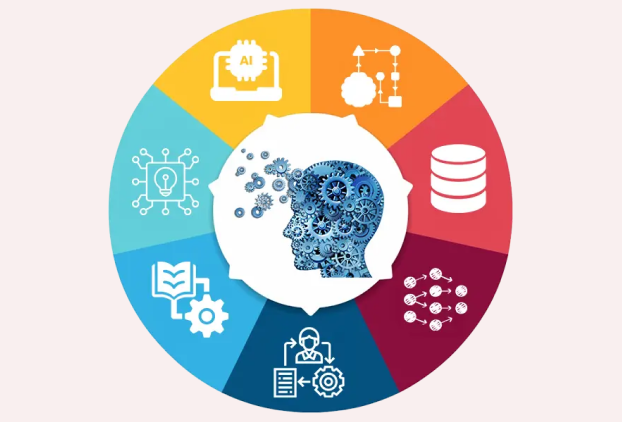
Crafting Next-Gen Realities with AR/VR
Through the creation of captivating, interactive experiences, augmented reality (AR) and virtual reality (VR) are revolutionizing several sectors. These technologies are becoming more than just amusement and enjoyment thanks to artificial intelligence. AI Training Data for AR and VR improves AR and VR’s comprehension and interaction with the actual world, creating countless opportunities to address common issues.
Key Use Cases of AI in AR/VR

Virtual Experiences
AI personalizes virtual environments by adapting to user actions in real time, transforming gaming, training, and simulations into engaging, dynamic experiences. It creates immersive digital worlds that feel intuitive, and responsive.

Audio Recognition
AI-driven audio recognition enhances AR/VR by decoding sound inputs, enabling smoother communication and immersive interactions. Voice commands and ambient noise detection enrich virtual meetings, gaming, and simulations.

Pose Assessment
AI analyzes body movements in real time, enhancing AR/VR experiences with personalized feedback. Whether for gaming, fitness, or training, accurate posture detection ensures more natural interactions and deeper immersion in virtual.

Object Detection
AI powers real-time object detection, enhancing AR/VR environments with smart responses and intuitive interactions. From gaming to training, it heightens realism by instantly recognizing surroundings and adapting digital experiences accordingly.

Object Labeling
AI labels objects in virtual environments, offering instant contextual insights for users. From educational simulations to virtual shopping, this feature transforms exploration into informative experiences by providing real-time object identification.

Precise Object Development
AI ensures virtual objects respond naturally to user actions, enhancing AR/VR with realistic interactions. From simulations to gaming, precise object behavior deepens immersion, creating environments where digital elements react intuitively.
Geospatial
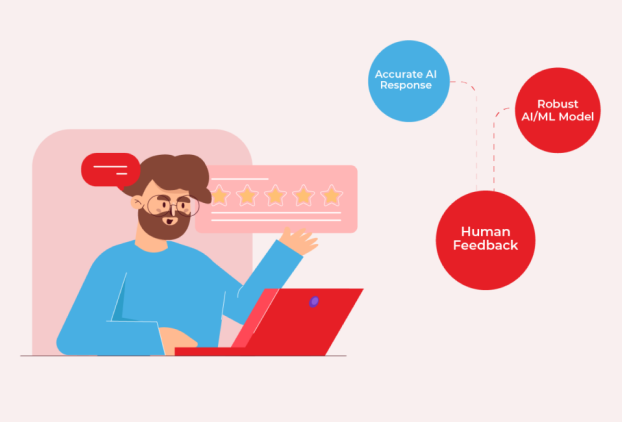
Mapping the Future with Geospatial AI Solutions
Humans are adept at interpreting geographical data; they can easily recognize topography, navigate maps, and plan routes. Imagine now using that innate ability on an unprecedented scale. In order to accomplish this, geospatial AI combines sophisticated algorithms, carefully selected training data, and large geographical datasets, providing unparalleled accuracy and power.
AI-powered geospatial solutions are transforming a variety of sectors, from deciphering complicated geographic patterns to predicting future trends and simplifying difficult procedures. In the fields of environmental protection, urban planning, and disaster response, these technologies offer unmatched precision, effectiveness, and vision, opening the door to a more sustainable and smarter future.
Key Use Cases of Geospatial AI

Urban Development Optimization
Through the analysis of geographical data & GIS data integration, geospatial AI revolutionizes urban planning by optimizing resource allocation, zoning, and infrastructure. It gives planners the ability to predict future events, spot trends in growth, and enhance urban quality of life. AI guarantees data-driven judgments that promote sustainable urban growth in everything from smart city designs to traffic flow management. These revelations enable officials to effectively and precisely handle issues like environmental damage and congestion.

Environmental Surveillance
AI-driven geospatial technologies analyze biodiversity, utilise mapping automation and remote sensing to keep an eye on ecosystems, and instantly detect environmental threats. They use ground data and satellite pictures to identify the effects of pollution, deforestation, and climate change. This makes it possible to take prompt action to preserve natural areas and guarantee sustainability. Geospatial modeling helps the world fight environmental issues by offering practical insights. In preserving the resources and ecosystems of our world, it is an indispensable ally.

Transportation and Logistics
Geospatial AI analyzes routes, traffic patterns, and delivery schedules to enhance transportation networks and expedite logistics. Fleet management is improved, fuel consumption is decreased, and supply chain efficiency is increased. Adaptive and more intelligent route planning are made possible by real-time geospatial analytics. These technologies provide smooth mobility and operations for a variety of businesses, including ride-sharing and international logistics.

Renewable Energy Site Selection
Geographic Information Systems (GIS) is transforming renewable energy by determining the optimal sites for hydropower plants, wind turbines, and solar farms. Project efficiency and environmental friendliness are guaranteed by examining variables such as climate, topography, and resource accessibility. These insights assist developers in reducing expenses, increasing energy output, and minimizing their influence on the environment. Geospatial artificial intelligence makes renewable energy more intelligent, scalable, and sustainable.

Agricultural Management
Through the spatial data analysis of weather patterns, crop production, and soil health, geospatial AI eliminates uncertainty from farming. It assists farmers with resource management, insect control, and irrigation optimization for increased yields. From tiny family farms to huge operations, geospatial AI promotes better agricultural methods and assures food security by striking a balance between cost savings and environmental sustainability.

Satellite Imagery Utilization
The potential of location intelligence like imagery from satellites to track changes in the environment, infrastructure, and landscapes is unlocked by geospatial AI. It examines big databases to find patterns, spot irregularities, and deliver useful knowledge. National security, urban planning, and disaster management are among the applications. Geospatial AI makes it possible to make well-informed judgments that safeguard communities and influence companies by utilizing satellite data.
